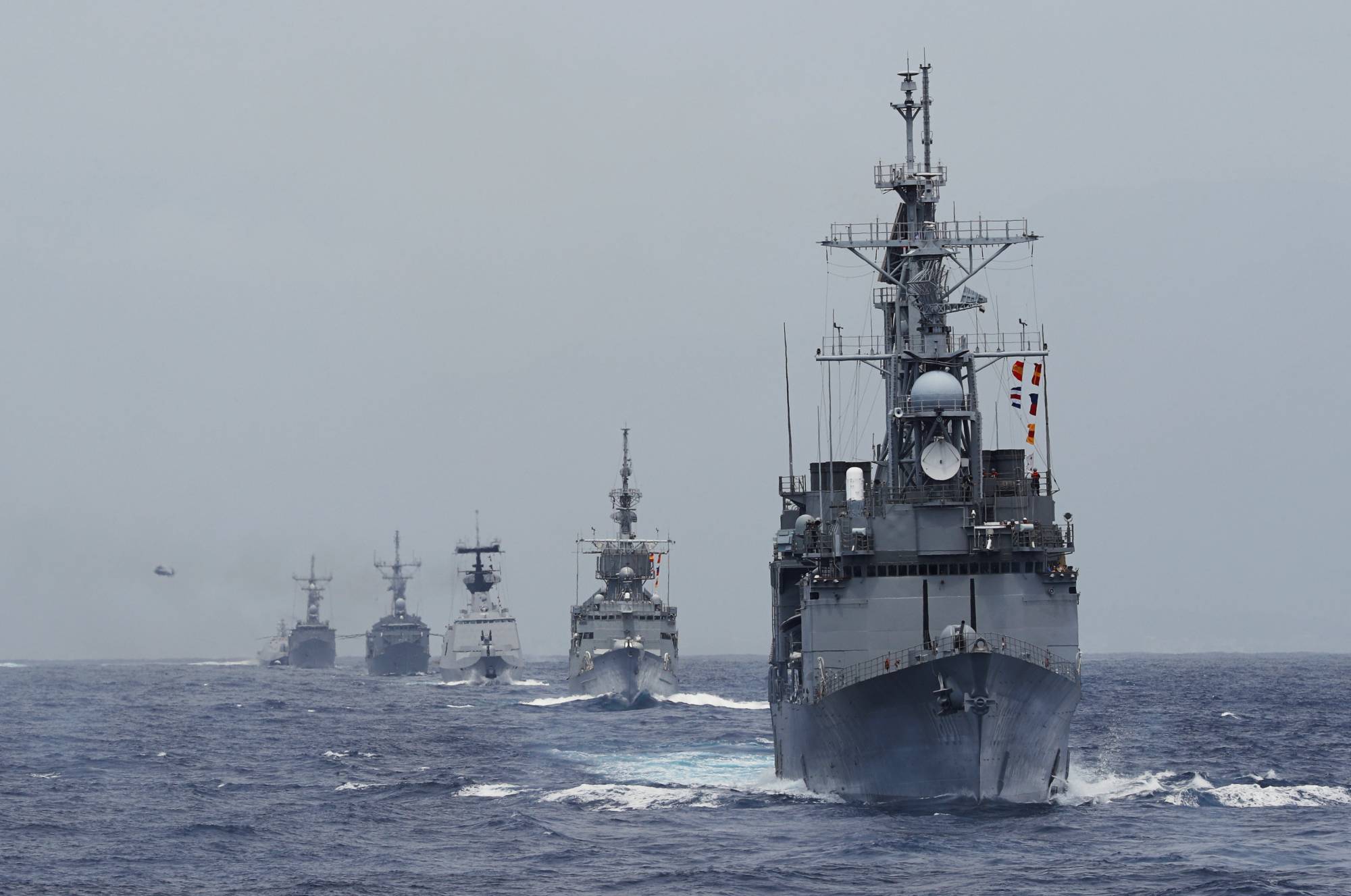There is for China no issue more sensitive or important than Taiwan. Since it seized power, the Chinese Communist Party (CCP) has insisted that the island is a renegade province that must one day be reunited with the mainland. That date has never been set but that goal has never wavered. Beijing identifies Taiwan as a “core interest,” one that is nonnegotiable and about which other governments can have no say.
Beijing conditions diplomatic relations on its partners’ acceptance of a “one China” policy — there is only one China and Beijing is the capital — and insists that they cannot have normal diplomatic relations with Taipei as well. The result is the near-isolation of Taiwan as the number of countries who recognize it shrinks to a handful — they prefer economic exchange with the mainland — and near-comical diplomatic contortions among countries that want to maintain ties with the island but also don’t want to anger China.
In 1979, the United States shifted diplomatic recognition from Taipei to Beijing when it normalized relations with China; it also ended its mutual defense treaty with Taiwan. (It sidestepped with artful language the claim that Beijing is the rightful capital of one China.) Congress insisted that the U.S. maintain a security relationship with Taiwan and passed the Taiwan Relations Act (TRA) to ensure that it did. The TRA asserted that Washington would “consider any effort to determine the future of Taiwan by other than peaceful means, including by boycotts or embargoes, a threat to the peace and security of the Western Pacific area and of grave concern to the United States.” In response to that concern, the U.S. would maintain the capacity to come to Taiwan’s defense and make available to the island the arms necessary for its security.


















With your current subscription plan you can comment on stories. However, before writing your first comment, please create a display name in the Profile section of your subscriber account page.